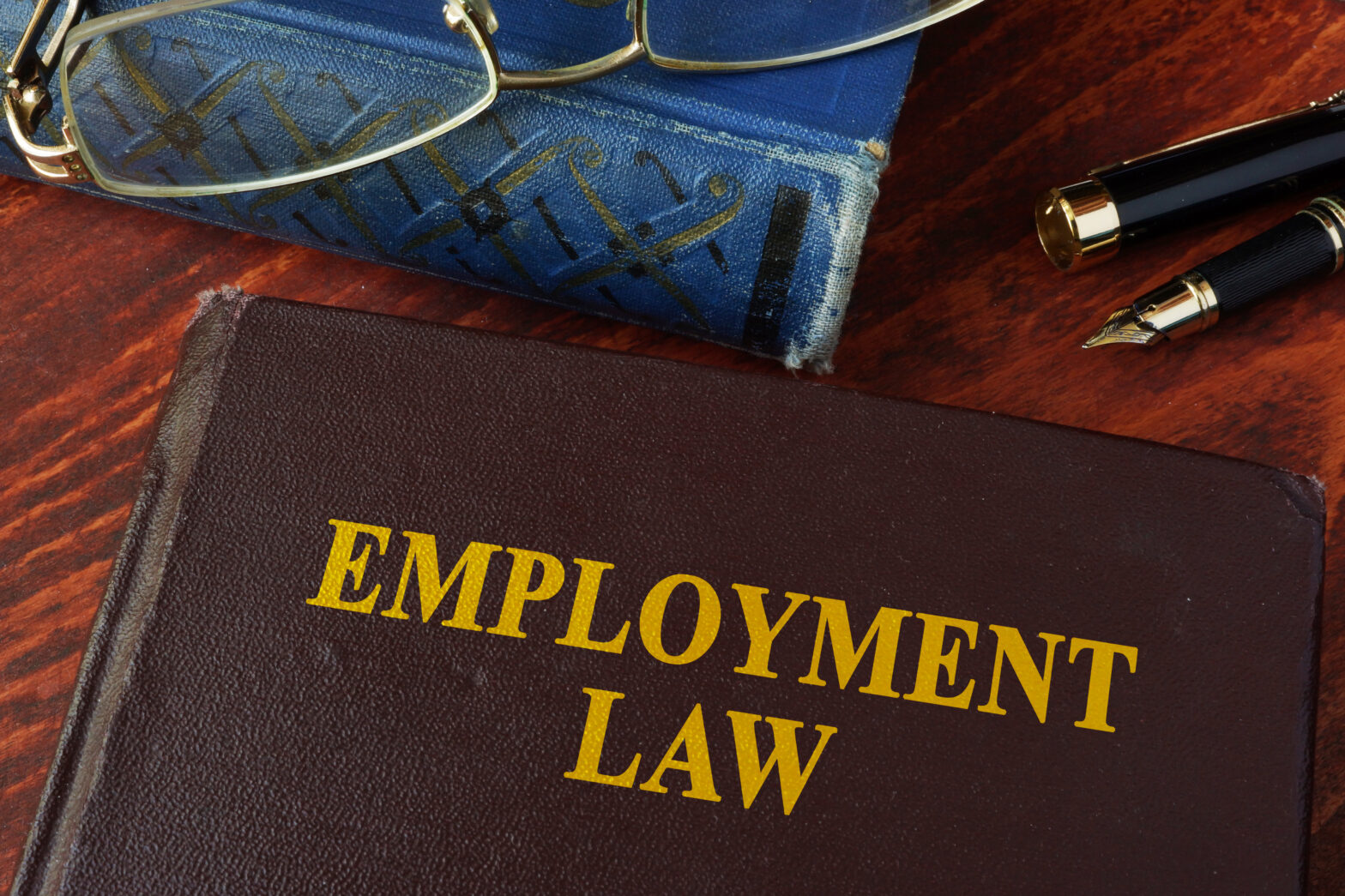Setting up a tech business can be a relatively quick process. In the run-up to launch, key legal issues, which ideally should be addressed at an early stage, can easily be overlooked. However, it is important to bear the following issues in mind from the outset, to minimise risk and maximise the value of your investment.
Structure of the business
One of the first legal questions is how your business should be structured. Setting up a limited company in which you, your business partners and any investors can hold shares, is usually a sensible option. This has the key advantage of limiting personal liability of the owners of the company. The company has a separate ‘legal personality’, and can borrow money and enter contracts in its own right.
Usually, the advantages of incorporating a company outweigh the limited administrative burden of running it, which includes annual accounts and other filings.
If you do set up a company, it is very important to have a properly drafted shareholders’ agreement which will protect each shareholder’s investment and govern what happens with the shares in various circumstances.
There are other types of legal entity which can be used, such as limited liability partnerships, but limited companies are the most flexible and are popular for tech businesses.
Domain names and trade marks
Before choosing the name of your business and domain names, you should carry out some basic online searches so that you can avoid potentially problematic business names. You can also carry out trade mark searches at the UK Intellectual Property Office. These searches take just a few minutes but can flag registered trade marks which are similar to or identical with your potential business name, and so could dramatically reduce the risk of you inadvertently infringing third party trade marks.
You may choose to register your business name as a trade mark, although this is not essential and is often something which businesses choose to invest in only once they have established themselves. Registering a company at Companies House means that no one else can register a company with that exact name, but it does not give you any ‘trade mark-type’ rights. It will not prevent others from using your company name as a trading name, or registering it as a trade mark. On the other hand, registering a trade mark means that you can prevent others from using the mark or similar marks to refer to the same kinds of goods or services.
Website and software development
If you plan to use independent developers, make sure you review the terms of their contract carefully before agreeing to them. Deadlines that the developers are working towards should be set out clearly in writing. You should not agree to pay the full amount of a developer’s fees until you have a proper opportunity to test and accept the software.
Developers will own copyright in code and content they create for you, unless you have a written agreement to the contrary. Whether or not there is written agreement addressing the copyright position, you will have (in almost all cases) an implied licence to use the code or content for the purposes for which it was created. In order to own the copyright, which has certain important advantages over merely having a licence, you need to have a written assignment of copyright signed by the developer.
Third party material
If you use third party copyright material, such as music, video or text, you risk being liable for copyright infringement unless you have a licence to use it.
User-generated content can enhance a website or app, but poses a number of risks. The content could contain third party copyright material, be defamatory or illegal, and as operator of the website or app you can be liable for content even though you were not responsible for posting it. If you do allow user-generated content to be posted, you should have terms and conditions which prohibit uploading infringing, illegal or defamatory content, and you should make clear that you reserve the right to remove content at your discretion. There should also be a properly handled notice and take-down procedure in place, whereby anyone who objects to content can request that it is removed.
Cookies and personal data
You also need to bear in mind recently introduced regulations about cookies. The rules now provide that any website that uses cookies must give users comprehensive information about their use on the site and the purpose.
If you process personal data you must comply with the Data Protection Act and register with the Information Commissioner’s Office. Personal data is essentially any information that may allow an individual to be identified. Most businesses will process users’ personal data in some way, as even simply storing personal data amounts to ‘processing’.





